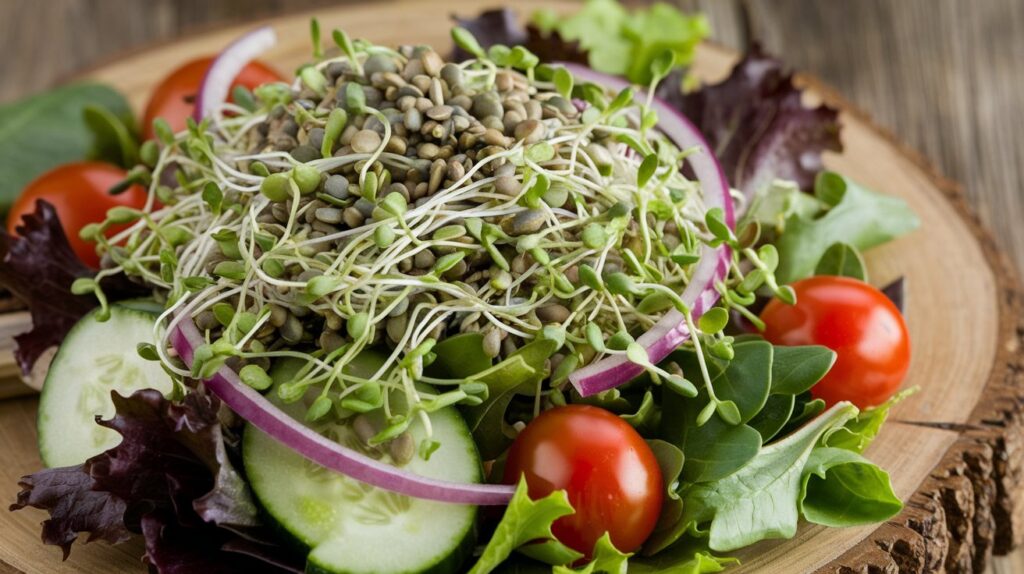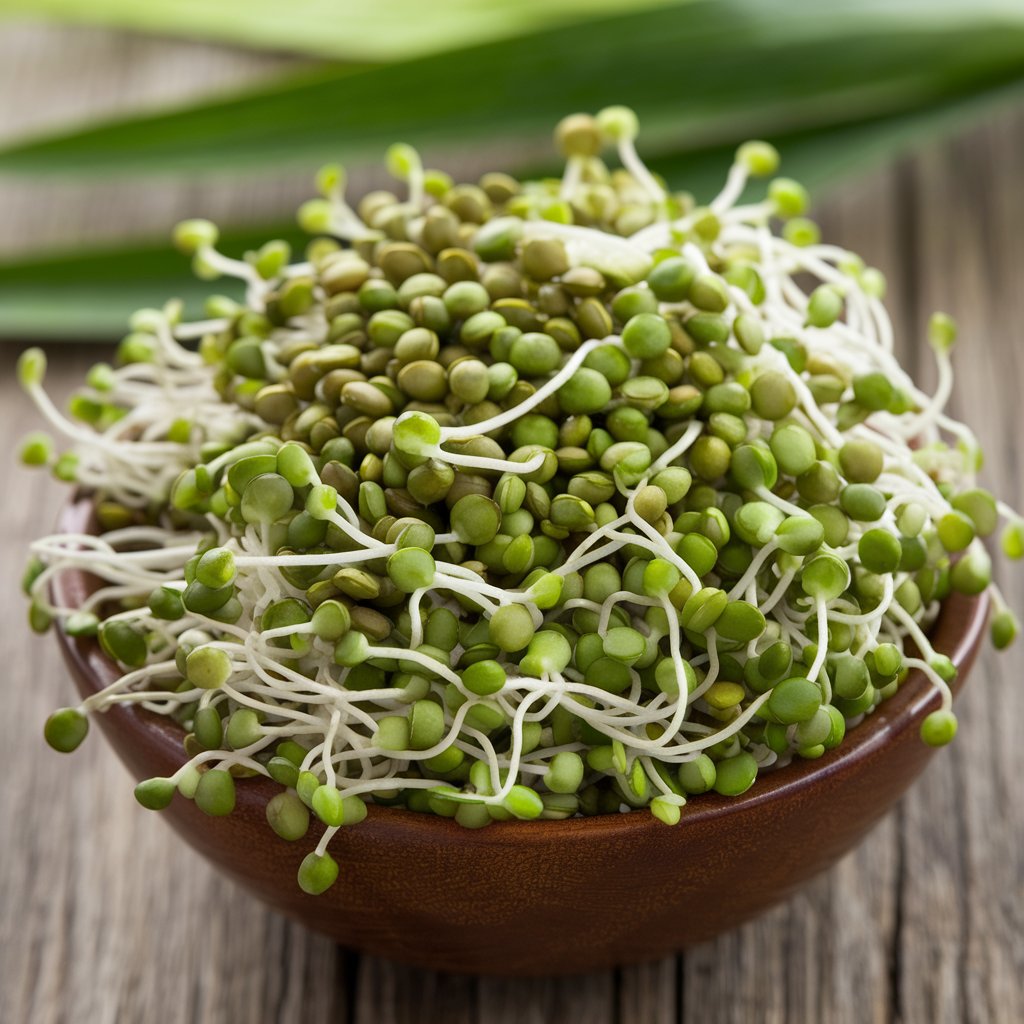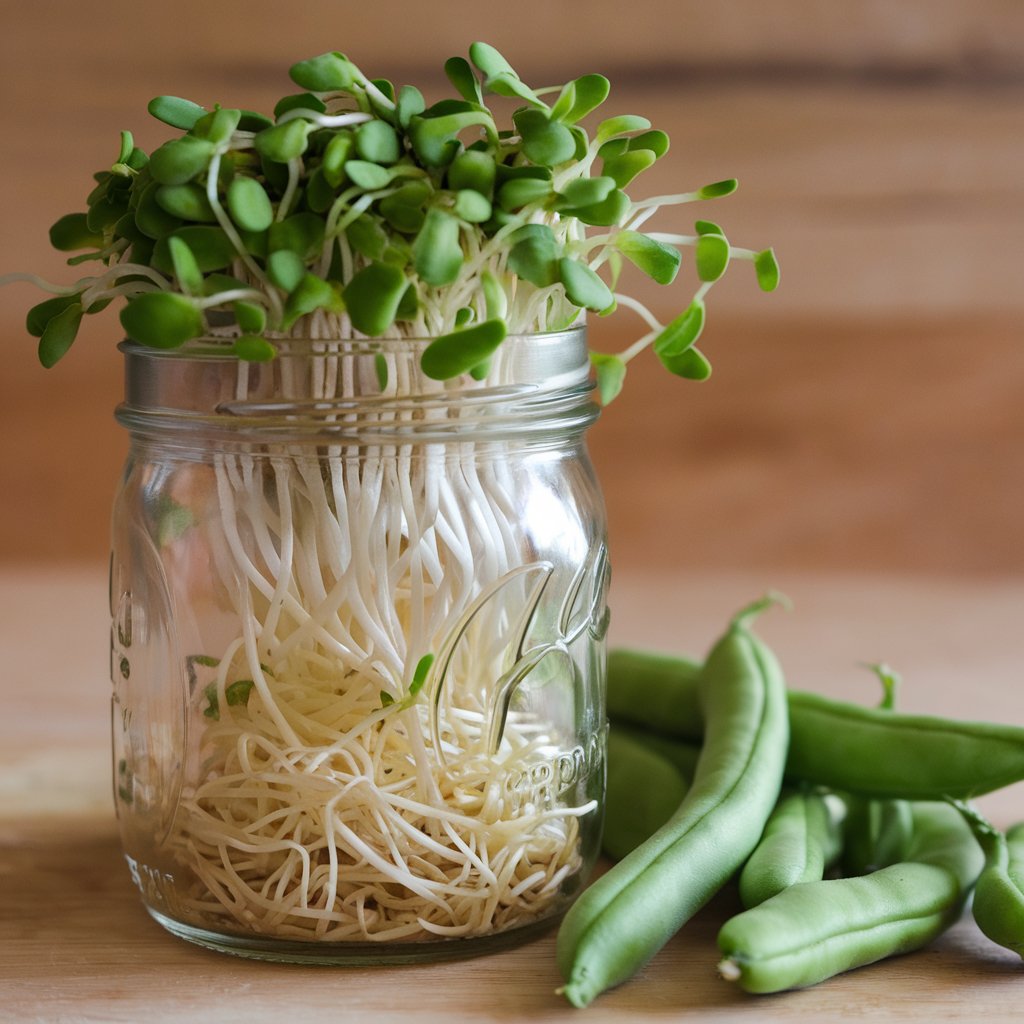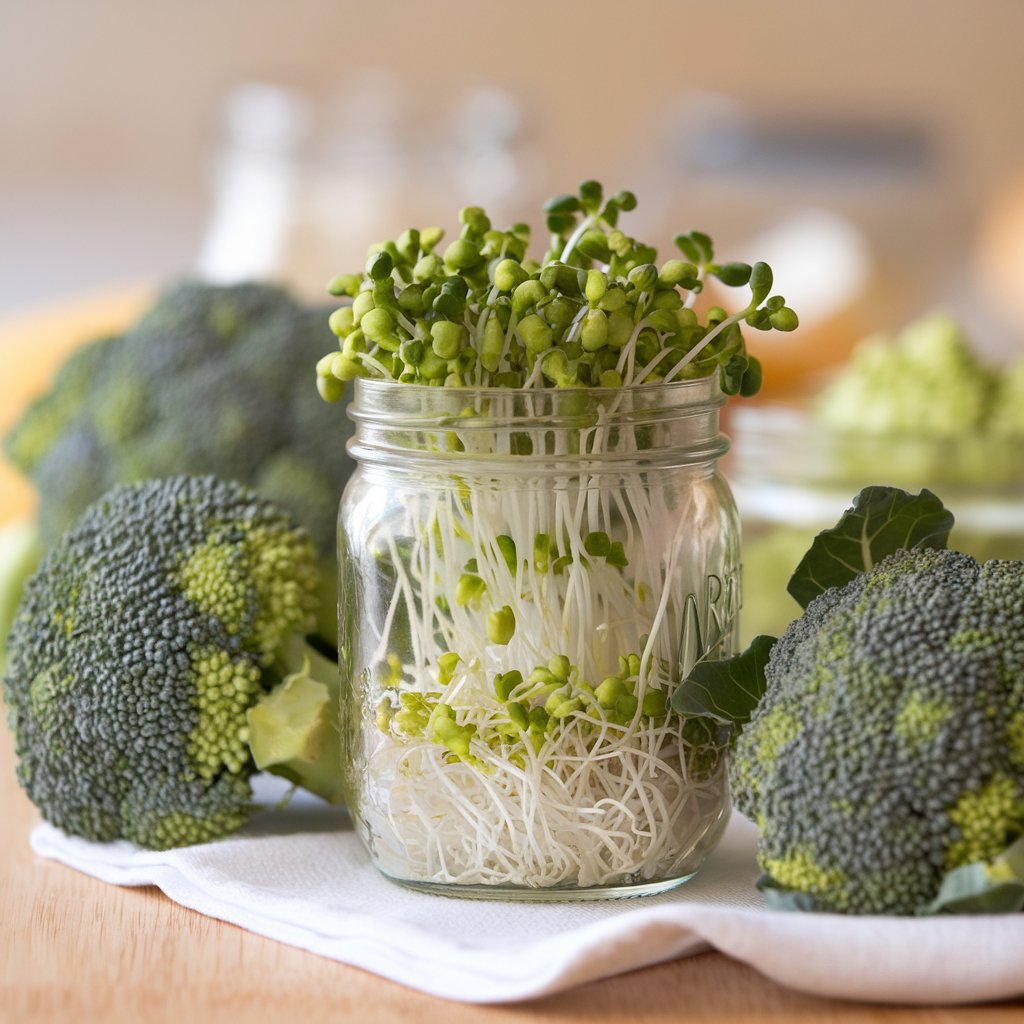Lentil seed sprouts are one of the most nutrient-dense and easy-to-grow foods you can add to your diet. Bursting with protein, fiber, vitamins, and minerals, lentil sprouts offer a nutritious boost and bring unique flavors and textures to your meals. Sprouting also enhances their nutritional profile, making them more bioavailable and easier to digest.
If you’re curious about incorporating lentil seed sprouts into your diet or want to learn how to grow them at home, this guide covers everything from their health benefits to simple sprouting methods.
Why Choose Lentil Seed Sprouts?
Lentil sprouts are the tender, young shoots that emerge from soaked lentil seeds. This process of germination transforms lentils from a simple legume into a potent superfood. Sprouting increases the nutritional content of lentils, breaks down complex compounds for easier digestion, and enhances flavor. Additionally, lentil sprouts are budget-friendly, sustainable, and require minimal equipment, making them accessible to almost anyone.
Nutritional Value of Lentil Seed Sprouts
Sprouted lentils have an impressive nutritional profile, offering:
- Protein: About 7-9 grams per 1/2 cup serving, making them an excellent plant-based protein source.
- Fiber: Lentil sprouts contain both soluble and insoluble fiber, supporting digestive health and helping manage cholesterol.
- Vitamins: Sprouting boosts the vitamin content, including increased levels of vitamin C, vitamin B6, and folate.
- Minerals: Lentil sprouts are rich in iron, magnesium, and potassium, which are essential for energy production, muscle function, and maintaining a balanced blood pressure.
Health Benefits of Lentil Seed Sprouts
Incorporating lentil seed sprouts into your diet offers a variety of health benefits. Here’s how they support wellness:
1. Enhanced Digestion
Sprouting reduces the levels of phytic acid and enzyme inhibitors present in raw lentils, making lentil sprouts easier to digest. This process also aids in breaking down complex carbohydrates and proteins, further supporting gut health and reducing bloating.
2. Boosted Immunity
With increased vitamin C, lentil sprouts support immune function, helping your body fend off infections and illnesses. Vitamin C is also essential for collagen production, skin health, and wound healing.
3. Improved Blood Sugar Control
Lentil seed sprouts have a low glycemic index, which helps regulate blood sugar levels by slowing glucose absorption. Their high fiber content also prevents blood sugar spikes, making them an excellent choice for individuals managing diabetes.
4. Enhanced Protein Quality
Sprouting improves the amino acid profile of lentil seeds, enhancing the quality of their protein content. This is especially beneficial for vegans, vegetarians, or anyone looking to supplement their diet with plant-based protein.
5. Cardiovascular Health
Lentil sprouts contain high levels of fiber and antioxidants, which can help reduce LDL cholesterol and promote heart health. The potassium content also supports healthy blood pressure levels, further benefiting cardiovascular function.
6. Weight Management
Lentil sprouts are low in calories but high in protein and fiber, making them a filling, nutrient-dense food that supports weight loss and healthy weight maintenance. Fiber helps you feel full longer, reducing overeating and unnecessary snacking.
How to Grow Lentil Seed Sprouts at Home
Growing lentil seed sprouts at home is a simple, cost-effective way to enjoy fresh sprouts anytime. Follow these steps to get started:
What You’ll Need
- Organic lentil seeds (green, brown, or black varieties work well)
- A jar or sprouting tray
- A mesh lid or cheesecloth
- Fresh, filtered water
- A cool, dark space
Step-by-Step Instructions
- Rinse the Lentils: Start by rinsing your lentil seeds thoroughly to remove any dust or contaminants.
- Soak: Place the rinsed lentil seeds in a jar or bowl, then add three times as much water. Soak them for 8-12 hours or overnight. Soaking initiates the germination process and softens the seeds.
- Drain and Rinse Again: After soaking, drain the lentils thoroughly. Rinse them again with fresh water, then drain.
- Sprout: Place the drained lentils in a jar covered with a mesh lid or cheesecloth. Invert the jar at an angle to allow excess water to drain and air to circulate. Keep the jar in a cool, dark space, such as a cupboard.
- Rinse Twice Daily: Rinse and drain the lentils twice a day, morning and evening, to keep them moist and prevent mold. After a few days (typically 2-4), you’ll notice sprouts emerging from the seeds.
- Harvest: Once the lentil sprouts reach the desired length (about 1-2 inches), they’re ready to harvest. Give them a final rinse, and they’re good to go!
- Store: Store your sprouted lentils in an airtight container in the refrigerator for up to a week. Rinse them every few days to maintain freshness.
Creative Ways to Use Lentil Seed Sprouts in Your Meals

Lentil seed sprouts are highly versatile and add a crunchy, slightly nutty flavor to many dishes. Here are some easy ways to enjoy them:
1. Salads
Add a handful of lentil sprouts to your favorite salads for a protein and fiber boost. They pair well with fresh greens, tomatoes, cucumbers, and a light vinaigrette.
2. Wraps and Sandwiches
Layer lentil sprouts into wraps or sandwiches for added texture and nutrition. They’re a great addition to veggie wraps or grilled sandwiches.
3. Smoothies and Juices
Blend a small handful of lentil sprouts into green smoothies or vegetable juices to enhance the nutrient content. Their flavor is mild and easily blends with other ingredients.
4. Buddha Bowls
Lentil sprouts work wonderfully in Buddha bowls. Combine them with grains, veggies, and a protein source like tofu or chickpeas, then top with a tahini or peanut dressing.
5. Soups and Stews
While you can eat lentil sprouts raw, they can also be lightly cooked. Add them to soups and stews for the final few minutes of cooking to maintain their crunch and nutritional value.
6. Garnish
Use lentil sprouts as a garnish for curries, avocado toast, or scrambled eggs. Their nutty taste and crunchy texture enhance the flavor and presentation of dishes.
Frequently Asked Questions About Lentil Seed Sprouts
1. Are lentil sprouts safe to eat raw?
Yes, lentil sprouts are safe to eat raw if properly rinsed and grown in a clean environment. However, if you’re pregnant, elderly, or immunocompromised, it’s recommended to cook sprouts slightly to reduce any risk of bacterial contamination.
2. Can I freeze lentil sprouts?
Freezing lentil sprouts isn’t recommended, as it can affect their texture and taste. It’s best to grow them in small batches and consume them fresh.
3. How long do lentil sprouts last?
Fresh lentil sprouts can last up to a week when stored in an airtight container in the refrigerator. Rinsing them every few days can help keep them fresh.
4. Are lentil sprouts gluten-free?
Yes, lentil sprouts are naturally gluten-free, making them an excellent protein source for individuals with gluten sensitivities or celiac disease.
5. What’s the difference between sprouted and regular lentils?
Sprouted lentils are lentil seeds that have been soaked and germinated, which increases their vitamin, mineral, and antioxidant content. Regular lentils are simply cooked and do not undergo the sprouting process.
Final Thoughts: Why You Should Try Lentil Seed Sprouts
Lentil seed sprouts are a convenient, nutrient-dense food that can elevate your meals and support a healthy lifestyle. With their easy growing process and impressive health benefits, lentil sprouts are a must-try for anyone looking to add more plant-based protein, fiber, and essential nutrients to their diet. Whether you enjoy them in salads, wraps, or as a garnish, lentil seed sprouts offer both flavor and nutrition.
So, why not give lentil sprouts a try? Start sprouting at home and discover the myriad of ways you can enjoy these tiny, nutrient-packed powerhouses in your everyday diet.





Pingback: Crunch into Health: The Ultimate Sprouts Sandwich for a Fresh and Nutritious Bite - My Garden Vibes
Pingback: How to Eat Sprouts: The Best Times and Benefits